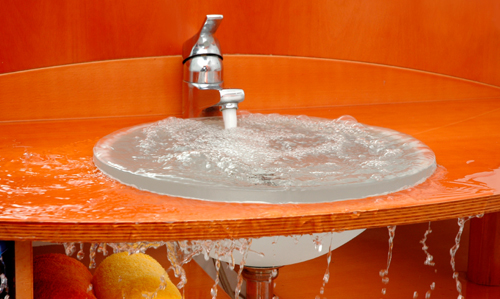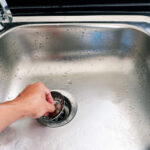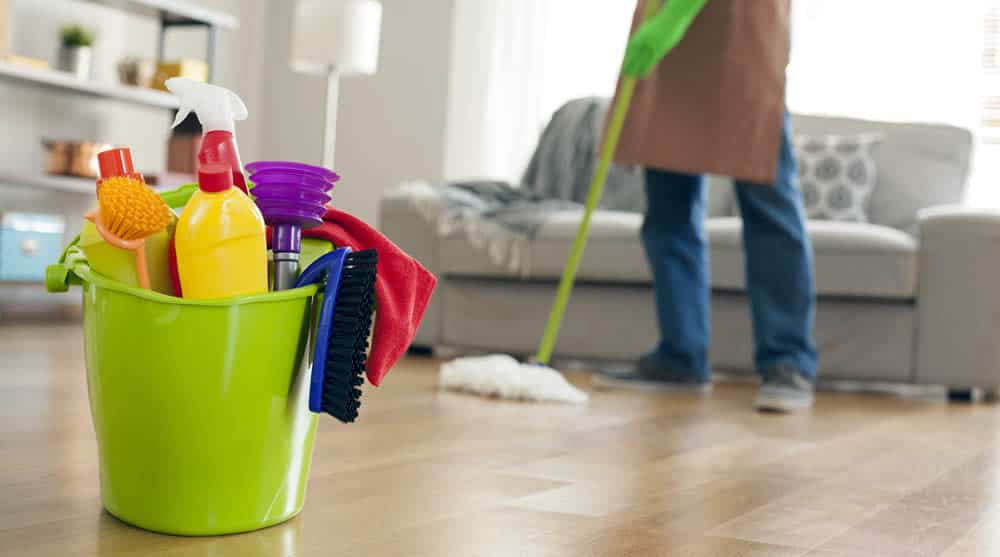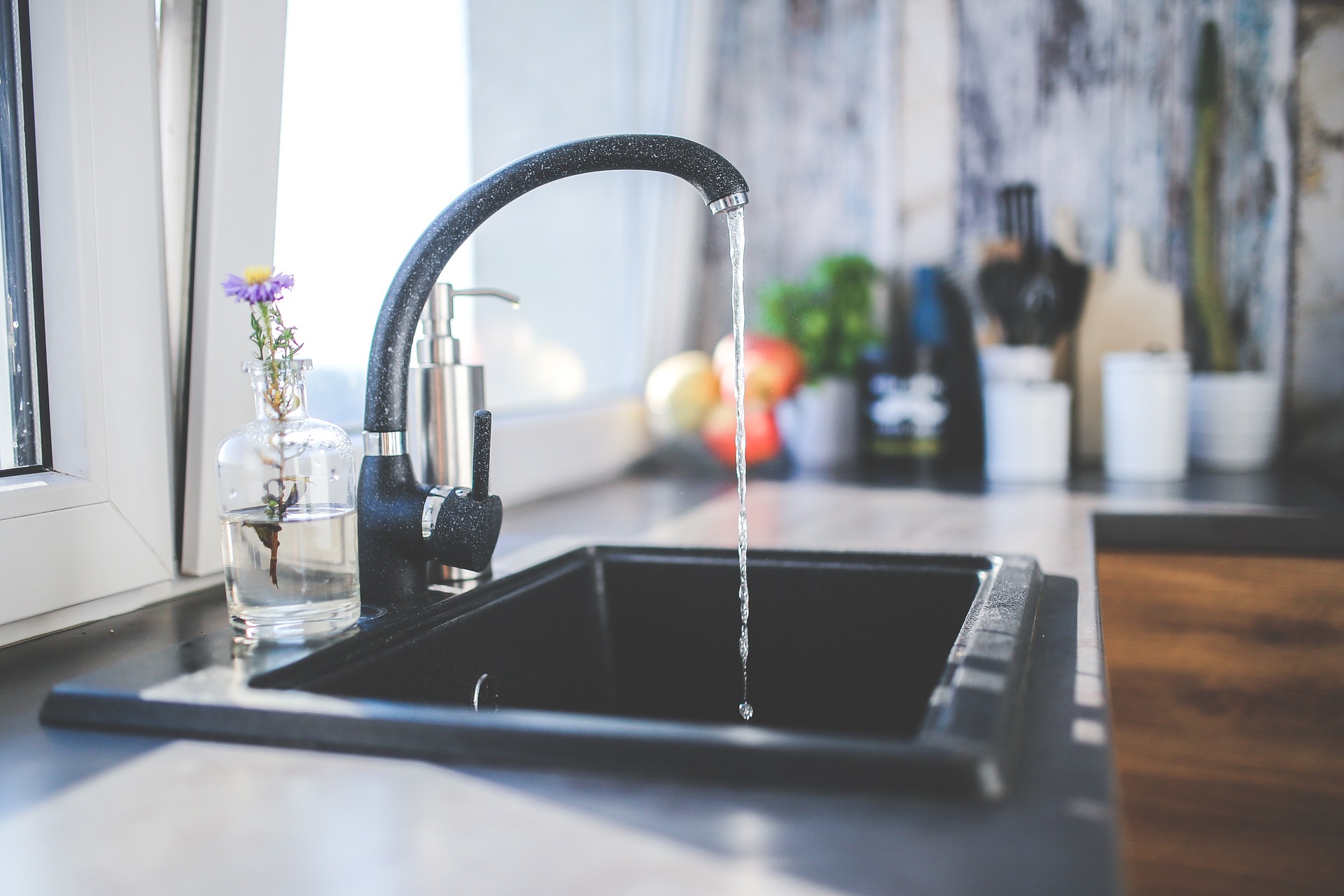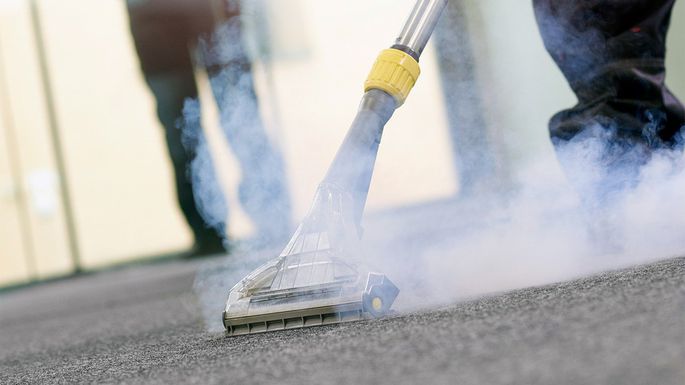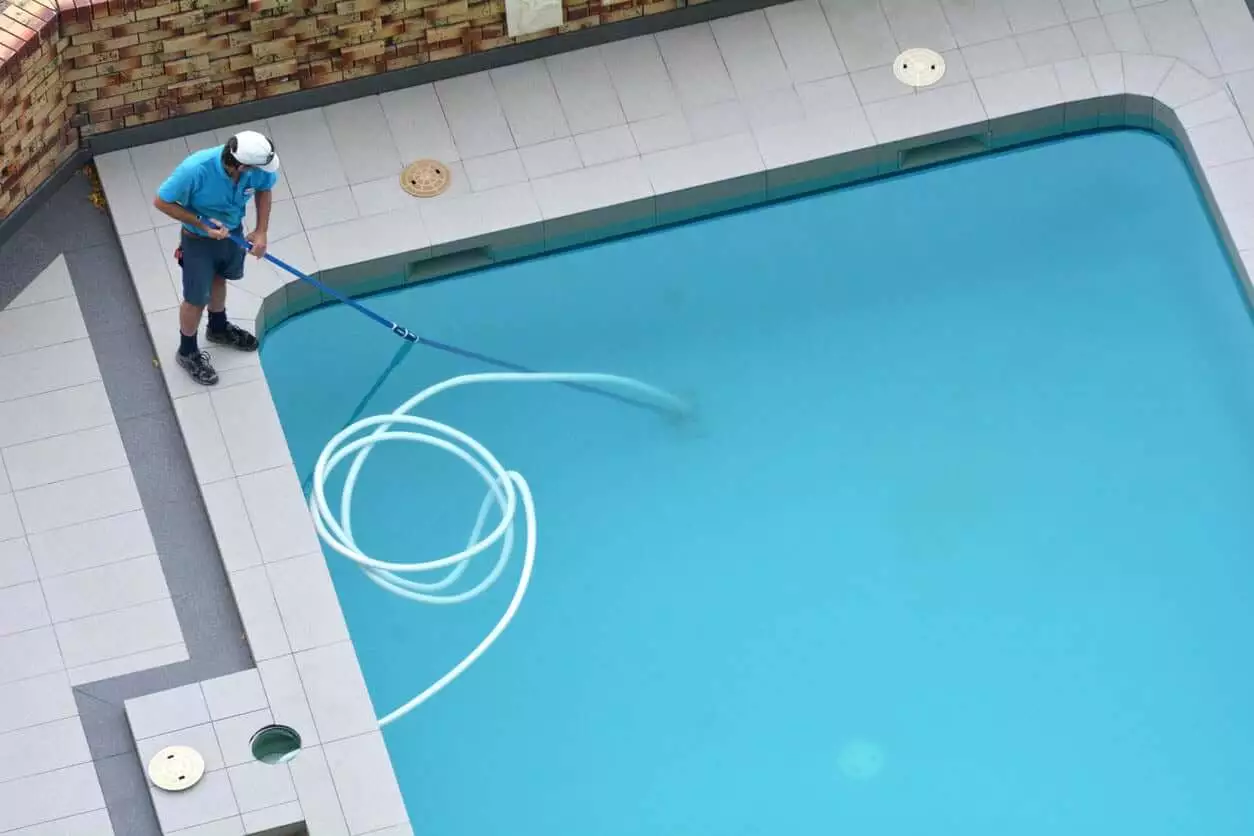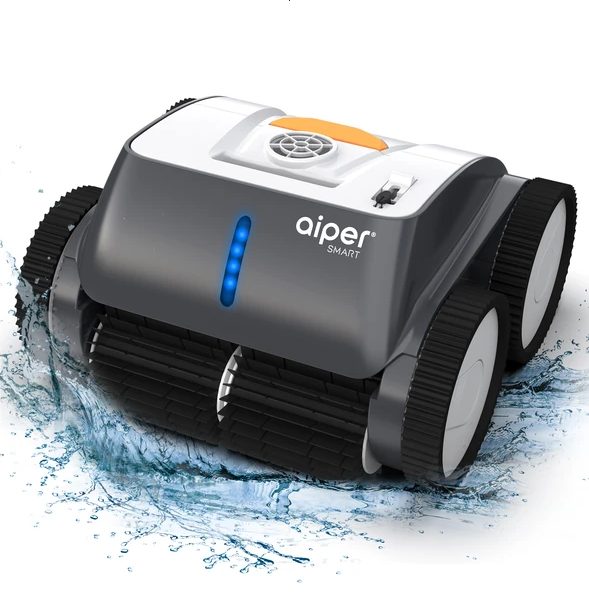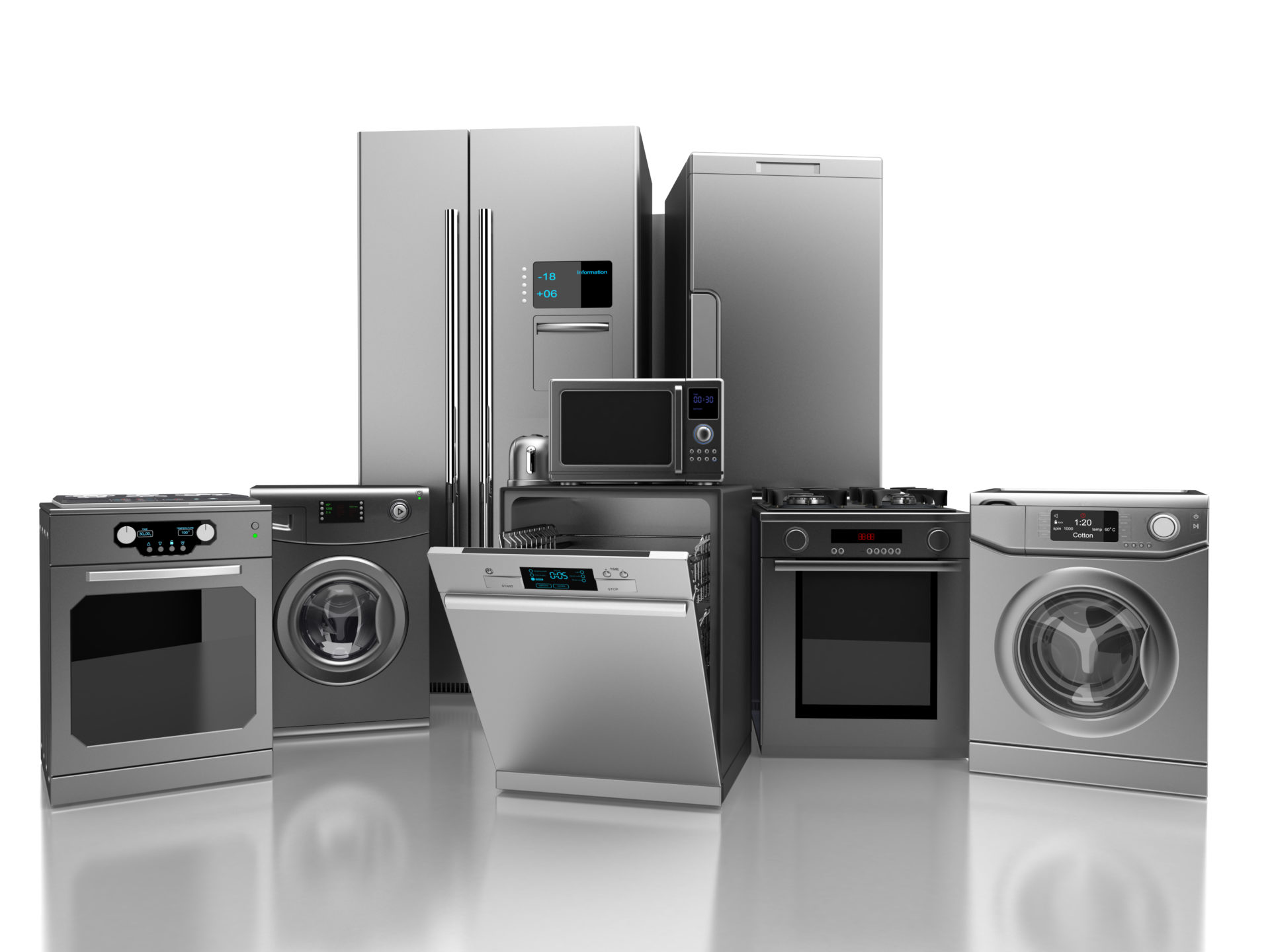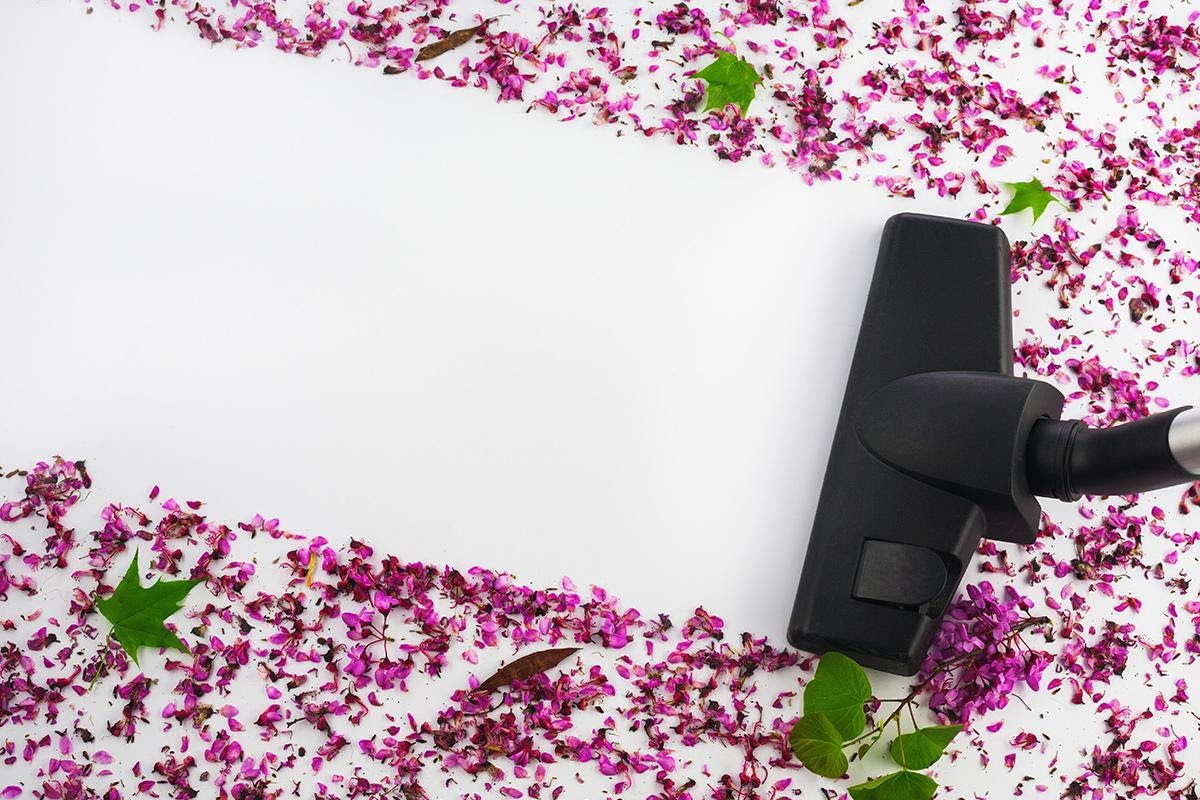What Is Drain Cleaning?
If you find that the water has begun to pool in the bathtub as you shower or that your sink has started to ever-so-slowly gurgle the water as you drain your sink, you may have a clog in your pipe. Not only is this an inconvenience, but it can actually be unhealthy for both you and your home. It allows for bacteria to build up as debris sits in your plumbing, which can result in diseases and allergies developing in your home. It also places unnecessary risk on the structure of your home, as the backflow of water from the drains seep into the foundation. To top it all off, you’ll quickly notice an odour lingering in your home.
Part of maintaining your home and ensuring it’s in the best condition is monitoring the drains. This may not be the most exciting chore, but it is crucial. This allows you to catch any issues earlier on and prevent any real damage. In the event that you do find yourself with a clogged drain, the best step to take is to have your drains cleaned. But what exactly does a drain cleaning entail? Let’s break down the process.

- Contact A Professional Drain Cleaning Company
Unless you are familiar with the process, it may be safest to call a professional to handle the clogged drain. Improperly done, you could accidentally cause extra damage or, at the very least, not remove all the blockage.
It’s likely that you will be asked a few questions regarding the issue and the home’s history, either during that initial contact or when the plumbers arrive at your home. Having additional information regarding whether this is a common problem may help them solve the issue more quickly. It may also enable them to offer suggestions as to how to prevent clogs in the future.
- Perform A Diagnostic
Once the plumbers are at your home, they will test your plumbing fixtures and inspect the location of the clog. In some cases, they may opt to use a small camera to send down the drain and inspect the location and materials comprising the blockage. Once this has been determined, they can then take the next steps towards eliminating the clog.
- Remove The Blockage
Most stubborn clogs can be removed by snaking the drain. This method uses a long, thin cable that is reeled into your drain. The pointed end of the cable then hooks or breaks up the blockage. Drain snakes can be either hand-cranked or motor-operated, depending on the size of your drain and the type of clog that you’re contending with.
- Test The Drain
Once the clog has, in theory, been removed, the plumber will test the drain. The water should now be able to go right in without pooling or stalling on the surface.
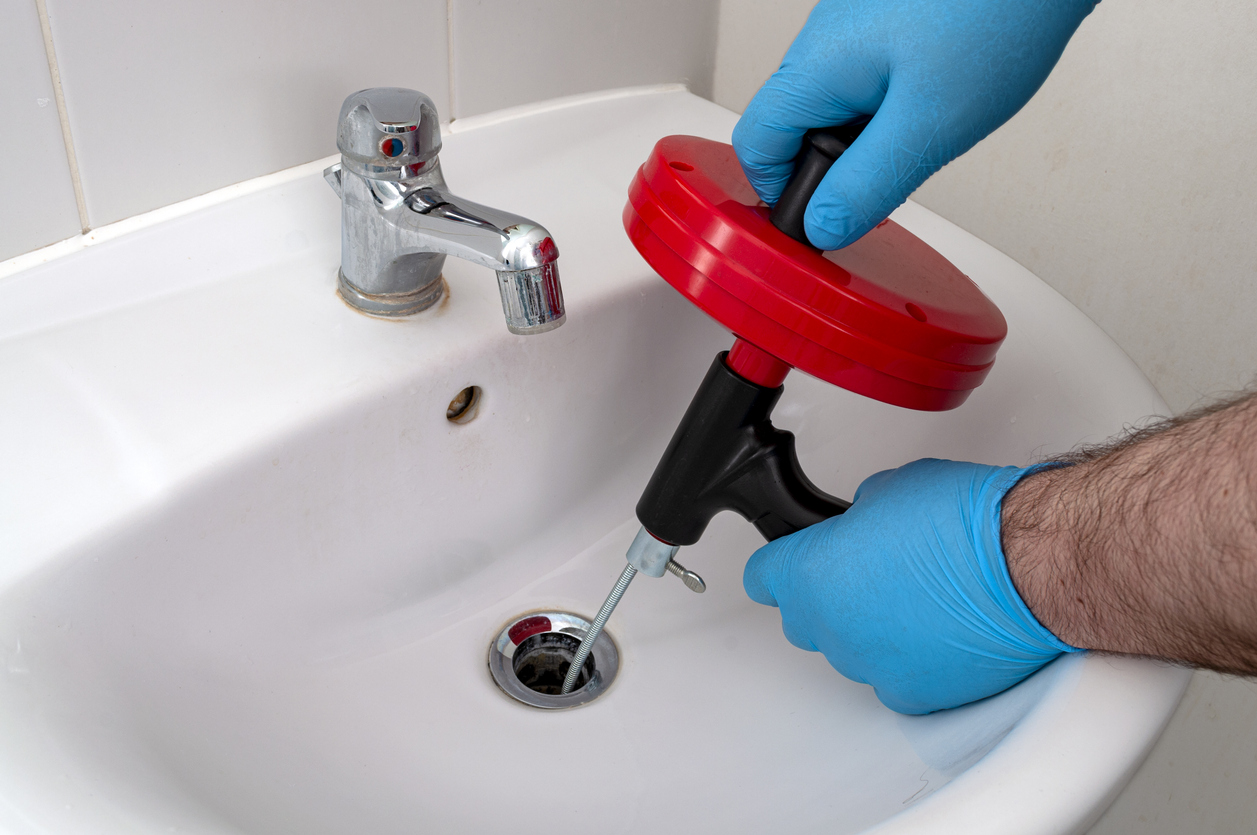
- Conduct A Final Inspection
At the end of the appointment, the plumber may choose to send the video camera back down the drain, particularly if the blockage was quite severe. This will not only ensure that the clog has been completely eliminated, but also confirm whether the clog has damaged your sewer lines. In such a case, they would recommend a sewer line repair or replacement.
Additionally, this second view allows the plumber to analyze whether there is any hard water or other build-up that could increase the risk of another clog. If this is a concern, they may suggest a service such as hydro-jetting, which essentially power washes the inside of your drain.
Tips For Preparing For A Drain Cleaning
There are a few ways in which you can prepare for the plumber’s arrival and help the process move more smoothly. These can include:
- Creating a clear path from the door to the clog, as they may have to make several trips to bring in equipment
- Remove any personal items out of the way, such as the shampoo around the bathtub, to reduce any obstacles or hassles
- Remove any sewage water that refuses to drain, as the plumber may not be able to assess the situation with it in the way
As a final note, drain cleaning may not be a permanent solution, depending on the severity of the clog. At the first sign of an issue, don’t hesitate to contact a professional, as it could prevent additional headaches in the long run.

I am Scott Miller and my love is writing about home improvement. I write mostly about home ideas, but also share some tips and tricks that can make your life easier when it comes to getting things done in the house.


